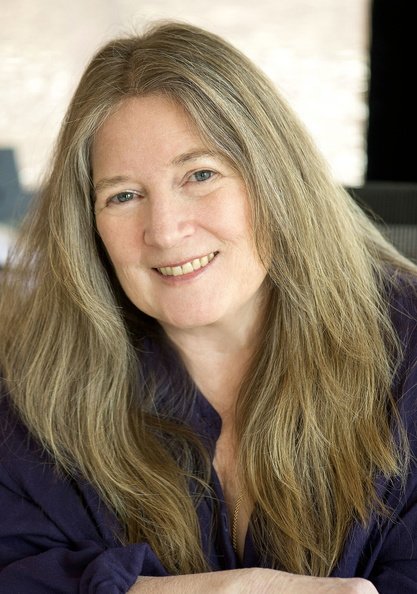Susan Willson Makes Sense of Menopause
Renowned women’s health practitioner and C.N.M., Susan Willson joins this episode of Health Gig to discuss her book “Making Sense of Menopause.” They speak on how this generation is the first to talk openly about menopause as a new, exciting, and meaningful phase of life. Tune in and make sense with us!
More on Susan Willson:
Website: www.makingsenseofmenopause.com
Facebook: www.facebook.com/makingsenseofmenopausethebook
Instagram: www.instagram.com/makingsenseofmenopause
Twitter: www.twitter.com/SusanWillsonCNM
FOLLOW HEALTH GIG:
Learn more about BB&R and Achieving Optimal Health Conference by visiting BBRconsulting.us
Quotes:
Be proactive coming up to menopause, even though we know it's coming. Most women are caught off guard because we're living our lives. Susan Willson, C.N.M.
Your body is very intelligent and it knows what it's doing, so let's get on board and help it. Don't buy into the myth that your life is over when menopause comes. Susan Willson, C.N.M.
Our brain is being wired at menopause for creativity and for integration. Susan Willson, C.N.M.
Show Notes:
Susan Willson: I saw teenagers who were having a difficult time on the on-ramp and I saw women during menopause who were trying to find their feet.
Susan Willson: Our hormonal life as women is a continuum that goes from the time we're in the womb, until the time that we die.
Susan Willson: Stress, which is really huge when we get to menopause because our adrenals are in charge of making our hormones for the second half of life. And if we are really stressed and they're depleted, we're going to have a much harder time.
Susan Willson: It's our adrenals and our fat cells after menopause that kind of take over from the ovaries as they wind down, and it's why women tend to put on an extra five pounds or so.
Susan Willson: A baby being born into a war torn country, for instance, or into a family that has a lot of stress is going to have a very different stress response than being born into a sleepy town in the Midwest.
Susan Willson: Our body doesn't distinguish between good stress and bad stress.
Susan Willson: The woman with the negative stress would have a heavier burden in that sense than the woman who loved her life.
Susan Willson: The woman who's up at five a.m. so she can get to the gym before work and is fueled by her latte and has a fast paced job and has dinner with her friends and travels across the country to meet friends or boyfriend on weekends. She may love her life, but it is still really draining and depleting her body.
Susan Willson: Grandmothers were able to collect a lot more food, they were able to take care of these children.
Susan Willson: Grandmothers generally have more time and the ability to really be present with children often than their parents do, who are still working hard.
Susan Willson: Human beings are part of the neural system of the planet that keeps evolving.
Susan Willson: I think children need presence, adults need presence. And I think we're kind of the last generation to have grown up without devices.
Susan Willson: I hope women will use it that way because for an easier menopausal transition and to really become what we need to become on the other side of it.
Susan Willson: We've all been holding some things back and it's incredibly healing to tell our stories.
Susan Willson: We're perfectly poised during menopause to really be able to do what we came to do in the world.
Susan Willson: Think back to when you were 10, what was your passion? What were you on fire about then?
Susan Willson: Menopause is the harvest. It's when we get to pick that juicy fruit and eat it and savor it and then take the seeds and plant them for the next generation.
Susan Willson: Sometimes it's hard to tease out what is real and true for us. But if we can do that, then I think that's what it's about and to express that.
Susan Willson: It's often when things are the worst that the best in humans rise up and you work shoulder to shoulder with somebody who may be on completely opposite end of the spectrum.
Keywords:
TriciaReillyKoch, DoroBushKoch, HealthGig, Longevity, Wellness, PhysicalHealth, MentalHealth, Health, HealthCare, SusanWillson, Menopause, MakingSenseOfMenopause, Perimenopause

